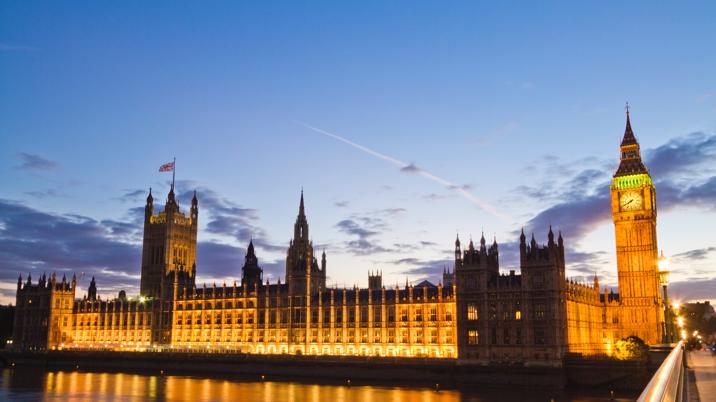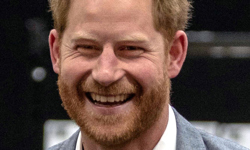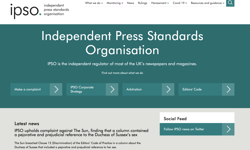
The inquiry, launched by the Lords’ Committee on Communications and Digital, into The Future of Journalism was announced on Thursday and would consider how the production and consumption of journalism is changing and how journalists can be supported and more representative of their audiences.
While the Society broadly welcomed the addition of the Lords Committee’s focus and discussion of the challenges facing the industry, it questioned the inquiry’s belief that public trust in the media is particularly low outside London. The Society also urged politicians to play their part in supporting the industry.
Ian Murray, Executive Director of the Society of Editors said: “While it is heartening that another sector of the government has recognised the importance of supporting the role of journalism in the UK, a few eyebrows will be raised within the media and elsewhere regarding the focus on a perceived lack of trust in the industry when it is all too often politicians who are on the attack instead of providing support. In particular it is odd that the inquiry will look at why there is supposedly less trust in the media outside of London when the regional press is considered to be the most trusted sector by the public.
"The committed focus on the importance of diversity in the newsroom mirrors the work of the Society in this area and is indeed a vital importance if the media if to reflect the communities that are being served.
“While the Society of Editors stands ready to play its part in this latest inquiry into the future of our industry, it is to be hoped that it will lead to practical measures to support the role and function of journalists in the UK.”
The inquiry asks for responses on a number of issues including why trust in journalism has declined and how innovation and collaboration can help news providers of all types to maintain sustainable business models and adapt to audience demand.
Commenting Lord Gilbert of Panteg, chair of the committee, said: “Public trust in journalists has fallen and is particularly low outside of London and other metropolitan hubs. This may be connected to the profession not being representative of the population it is serving. Only 11 per cent of journalists are from working class backgrounds and only six per cent are not white.
“These issues are why the Communications and Digital Committee are seeking written evidence by 25 March and encourage anyone working in journalism, or anyone with an interest in this area to get in touch.”
In recent years, he said, there has been a shift from the traditional consumption of news and away from established business models.
He added: “Within moments, we now have access to news on multiple platforms and no longer need to wait for the morning paper or the evening news for updates. Social media has allowed new organisations to disrupt the news market and also gives individuals a greater freedom to publish news and analysis themselves, challenging established providers.
“For the 70,000 people across the UK who are employed as journalists, the shift from traditional print media to digital has given rise to a need for more training and an increased range of skills.”
Read more about the inquiry here.












